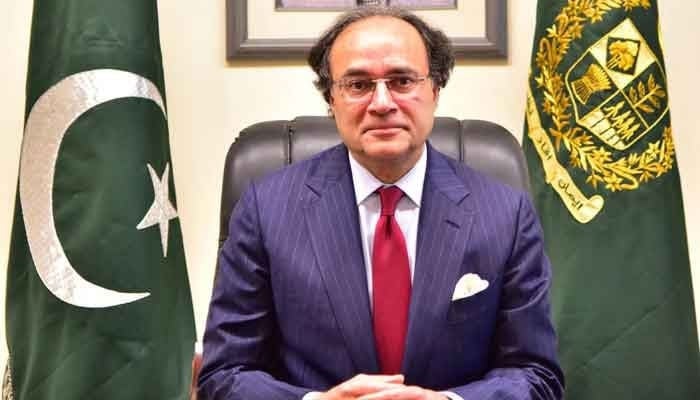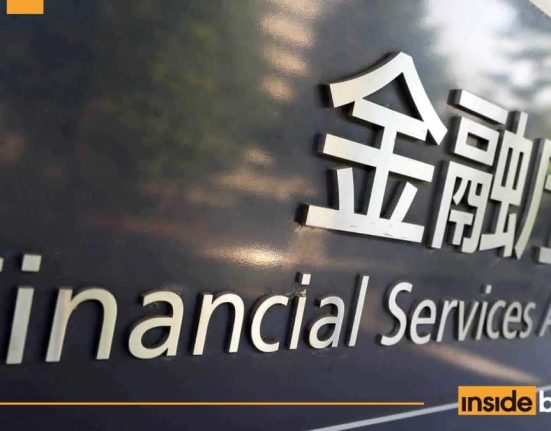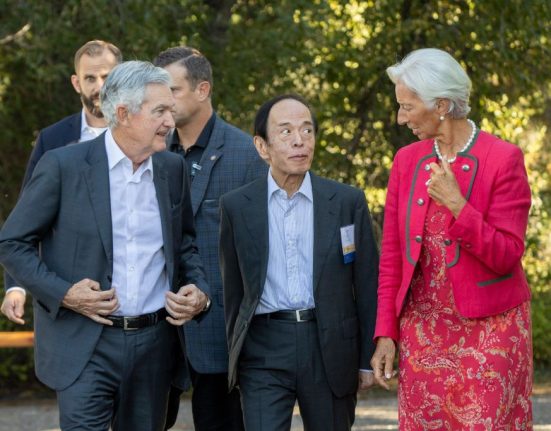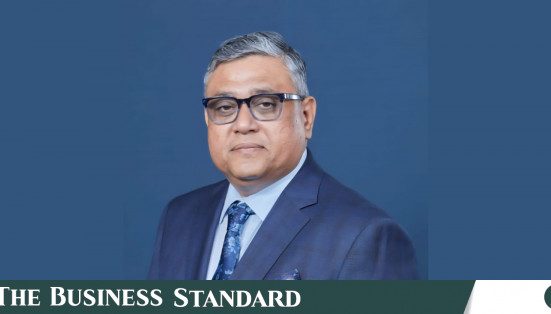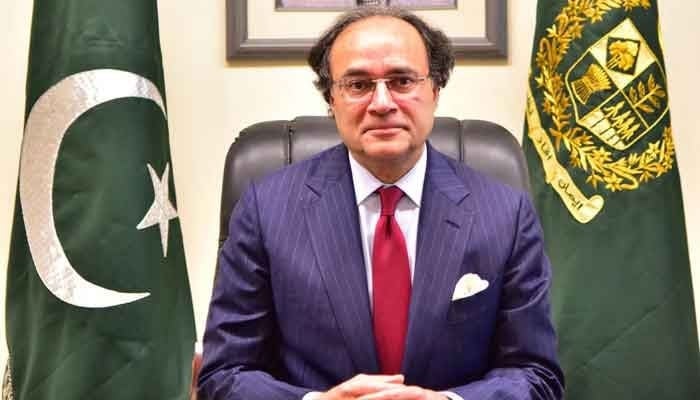
KARACHI: Pakistan must accelerate its adoption of blockchain and digital assets to drive financial inclusion, improve transparency and support economic growth, Finance Minister Muhammad Aurangzeb said at a summit in Islamabad on Saturday.
Speaking at the Leadership Summit on Blockchain and Digital Assets: Technology and Innovation, organised in collaboration with the Lahore University of Management Sciences (LUMS), the minister acknowledged that the government can no longer ignore the scale of digital asset adoption in the country.
He cited figures suggesting that between 20 and 25 million Pakistanis — roughly 10-15 per cent of the population — are already participating in the sector in some capacity.
“The world has moved on, and we need to move on,” Aurangzeb told an audience of tech leaders, academics and policymakers. “You cannot ignore that. We have to accelerate our journey into the new economy.”
The minister said the government has established the Pakistan Crypto Council (PCC) and the Pakistan Virtual Asset Regulatory Authority (PVARA) to oversee the emerging sector. The authority’s inaugural meeting is set for August 25, where frameworks on regulation, transparency and operational efficiency will be finalised.
The push for regulation is driven by both economic opportunity and the need for strong compliance. After a multi-year effort to exit the Financial Action Task Force (FATF) ‘grey list’, officials are keen to prevent the unregulated flow of funds from jeopardising the country’s standing in the international financial system.
“It is only a question of when, not if, you are going to get into trouble as a country, as a sovereign again” without proper oversight, Aurangzeb warned, highlighting the importance of KYC (Know Your Customer) and AML (Anti-Money Laundering) protocols.
At the same time, the government views the technology as a key driver for financial inclusion and modernising critical sectors. Aurangzeb said that emerging technologies such as blockchain, artificial intelligence (AI) and Web 3.0 could help Pakistan achieve faster, cheaper and more efficient financial services.
He cited the ongoing e-Know Your Customer (e-KYC) initiative launched by the Pakistan Bank Association and the State Bank of Pakistan two years ago as a prime example. The project aims to use blockchain to streamline account opening processes by allowing customers to share verified documents across multiple banks with their consent, reducing paperwork and duplication.
“Today, opening a bank account involves a thick stack of documents, and the process has to be repeated for each bank,” he said. “With distributed ledger technology, up to 90 per cent of this process could be completed in one go, provided compliance requirements are met.” He added that blockchain applications could also enhance remittance flows, which remain a lifeline for Pakistan’s economy, by making transactions “better, cheaper and faster”.
The finance minister stressed that the government’s approach would be to create an “enabling environment” for the private sector to lead innovation. The regulatory framework, he said, is being developed by studying international models, including Dubai’s VARA, Singapore’s MAS, and the EU’s MiCA regulations, to avoid “reinventing the wheel”.
“The last thing we want to do is to come in your way,” Aurangzeb assured the industry leaders present. “The private sector has to lead this country.”
Aurangzeb emphasised the need to adopt new technologies within a proper regulatory framework to ensure long-term stability. “It is better to integrate these innovations into a regulated environment now, rather than face potential challenges later,” he said.
“Being the minister of finance and revenue, I can never underestimate the revenue we can get from there as well. So, there is that angle too, but I do not want to talk about taxes right now,” he said on a lighter tone.

